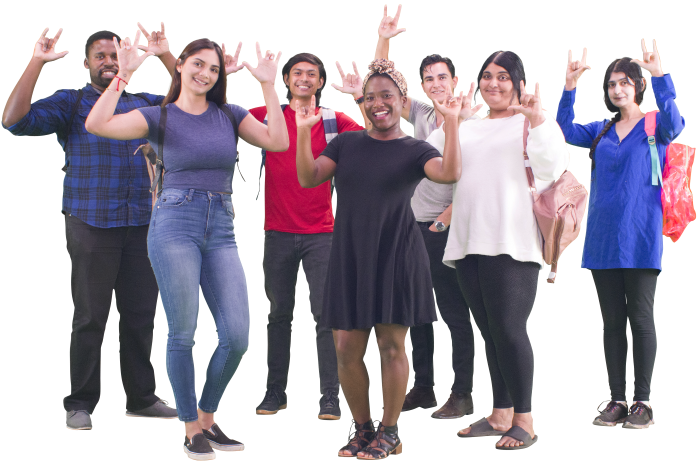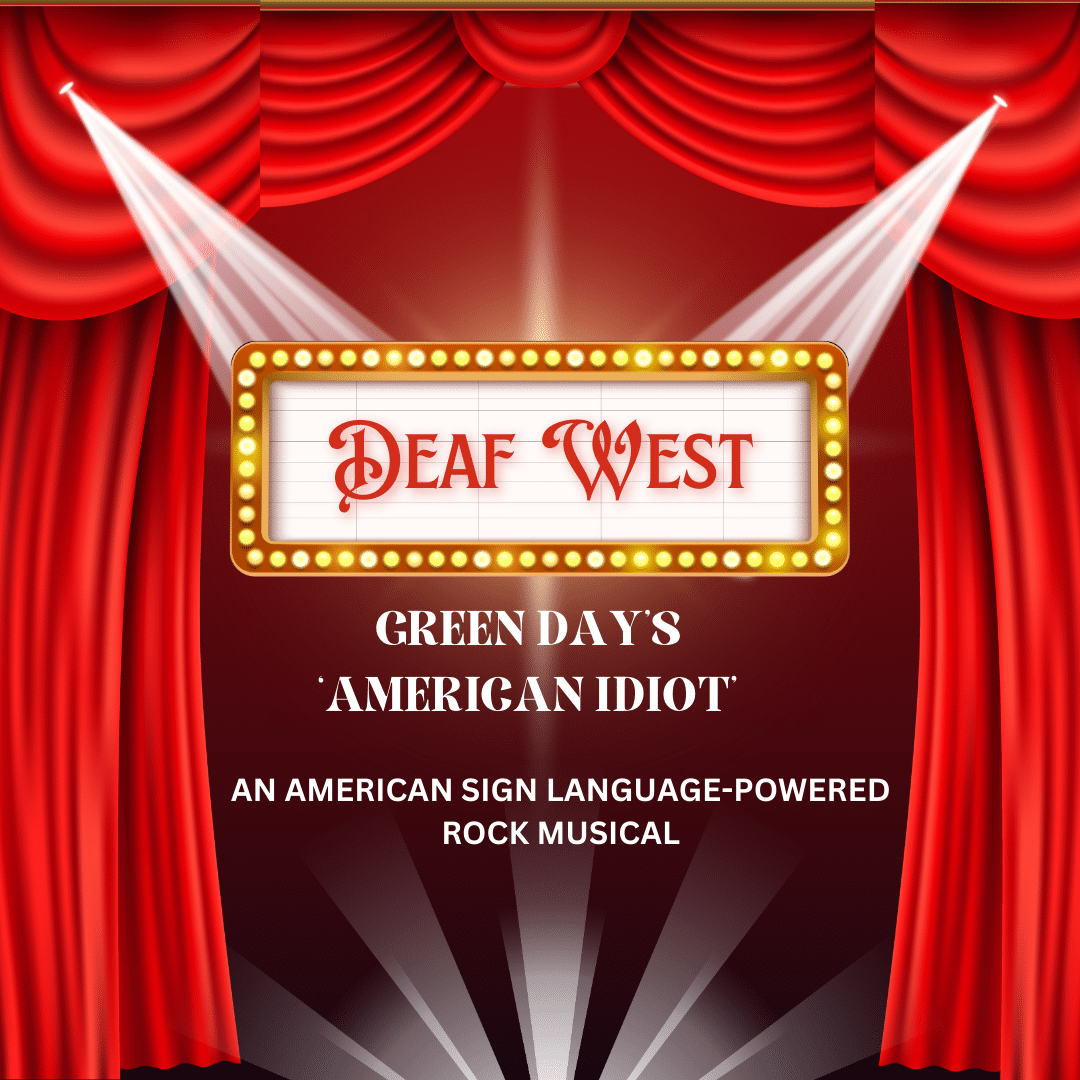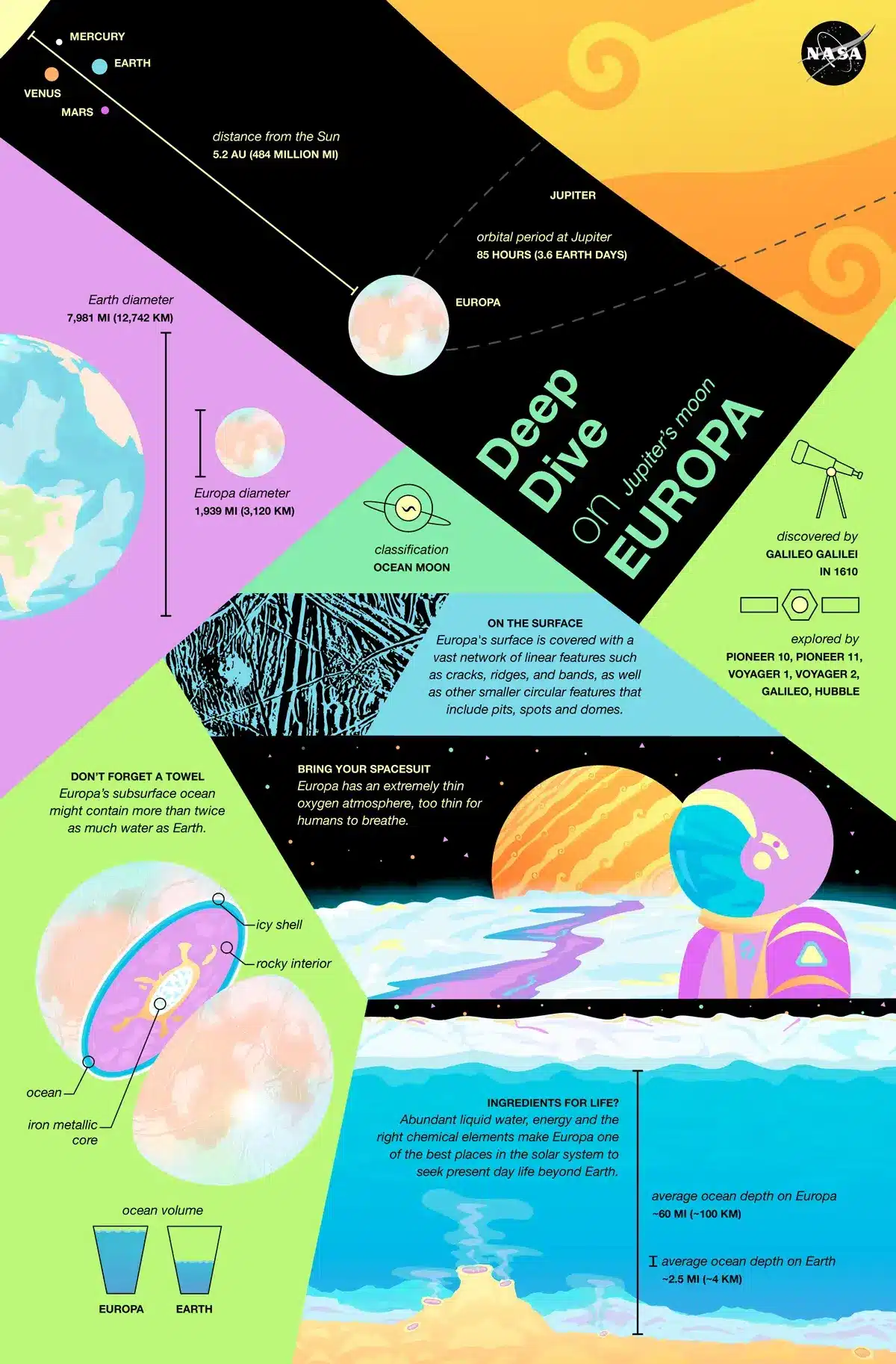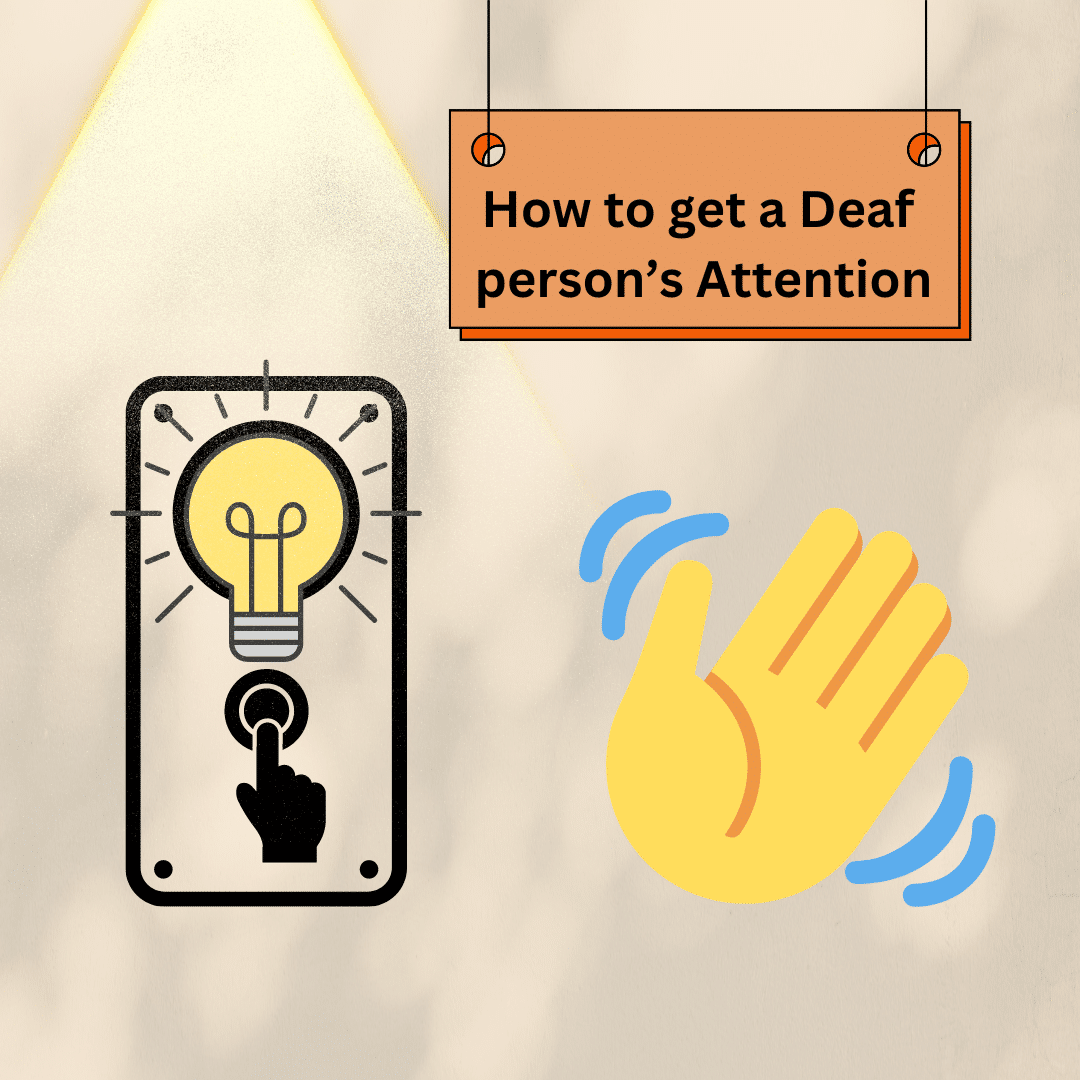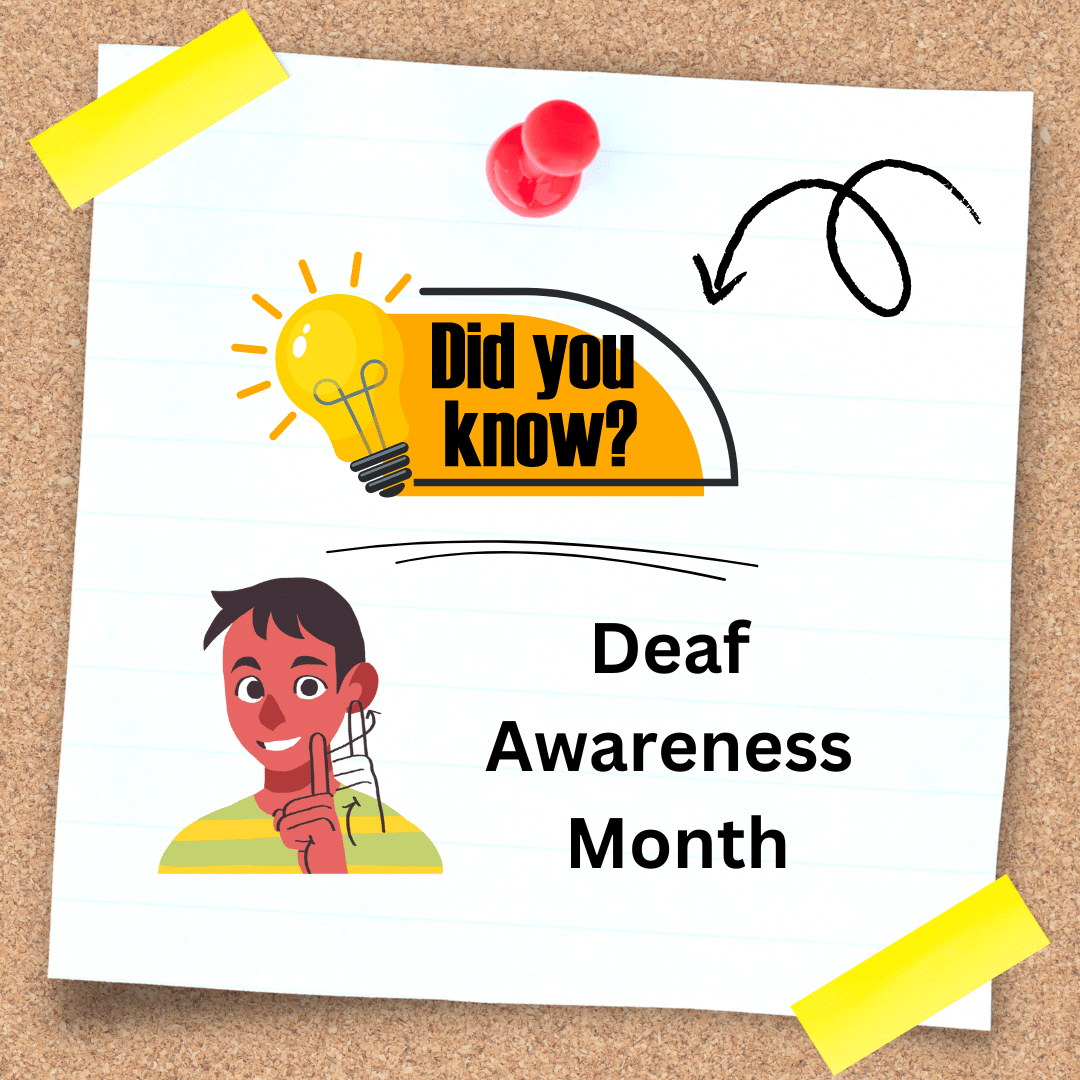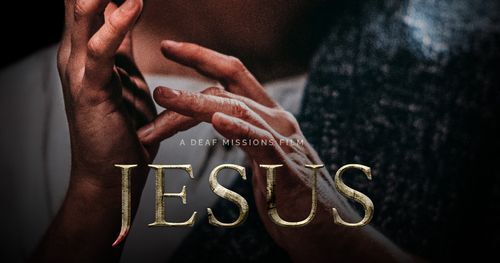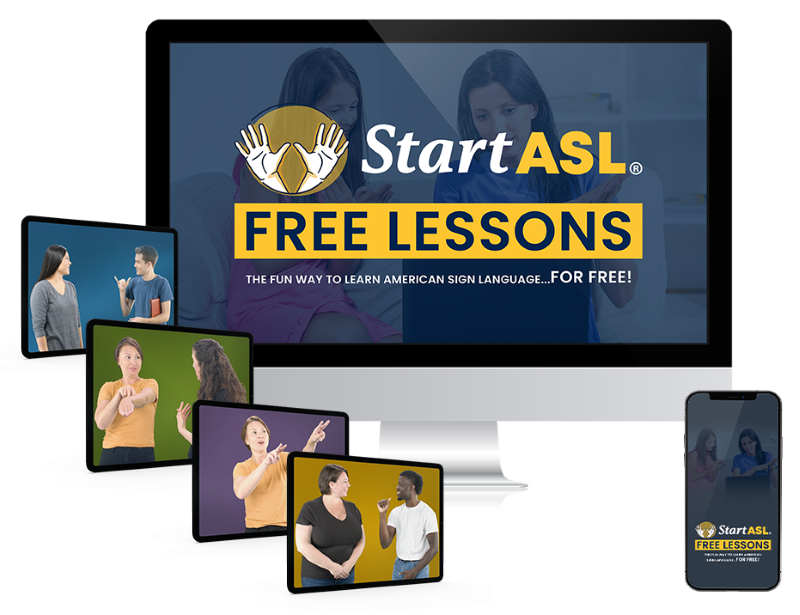Nellie Zabel Willhite – First Deaf Woman Pilot
- by Amee Sevrie
- No Comments
by Clayton Shell | November 16, 2017
Nellie Zabel Willhite was the woman that I had found in my research on “Deaf people in History.”
Born November 22, 1892, in Box Elder, South Dakota, she became the first woman to fly in South Dakota, and the first deaf woman pilot. She was not born deaf, but rather became sick with measles and lost her hearing. When she grew up she was offered to get a pilot’s license, but was unable to pay the fee. She was given the $200 to take the class given to her by her father, $2,807 in today’s money (using a converter). She then became one of the 99 founders of Women Pilots.
She loved flying, but hated gliders, due to a flight that every time she went to land; the wind swooped her higher into the air. It made me think a little bit about the deaf culture, I thought that they are impaired, or incapable of doing what the normal (not trying to be mean just couldn’t find another word) people are capable of. But I turned out to be pleasantly wrong. I went looking online into the science of deaf, and found out how amazing the human body truly is. When one of our senses go, such as sight or hearing (as the most common ones), our bodies will exceed in another sense. For example; if you were to lose your sight; you other senses take up for that lost one, you are able to hear things that (usually) others can’t. That cane that you see deaf-blind people carry and tap is not only for them to feel ahead of them, but also to use a form of newly found eco-location to “see” around them as well. It’s a form of survival instinct that our bodies adapt to all on its own!
So in the case of Nellie Willhite, I was some-what skeptical of a deaf pilot, but using the science auto adaptation that I talked about; she was probably one of the best pilots in history, even better than Amelia Earhart!! Because she lost her hearing just means that she exceeds in a different area, such as sight for instance, to be able to see the signs of that storm off in the distance or be able to feel something wrong with the plane even if no one else can.
I was kinda disappointed in my research on Nellie because there was nothing on her childhood, education, or parents. Not even in her interviews or biography. Just about when she started learning to fly, and just on a few of her flights. But I did learn a little bit about the science behind the deaf and learning that just because people, whether deaf or blind or have some sort of mental disorder, doesn’t make them any less human. And I think that’s important in this day and age. Then again just a thought, I know that this wasn’t much of Nellie, but the requirement was to have it about a person, and then about what we learned about the deaf community.

